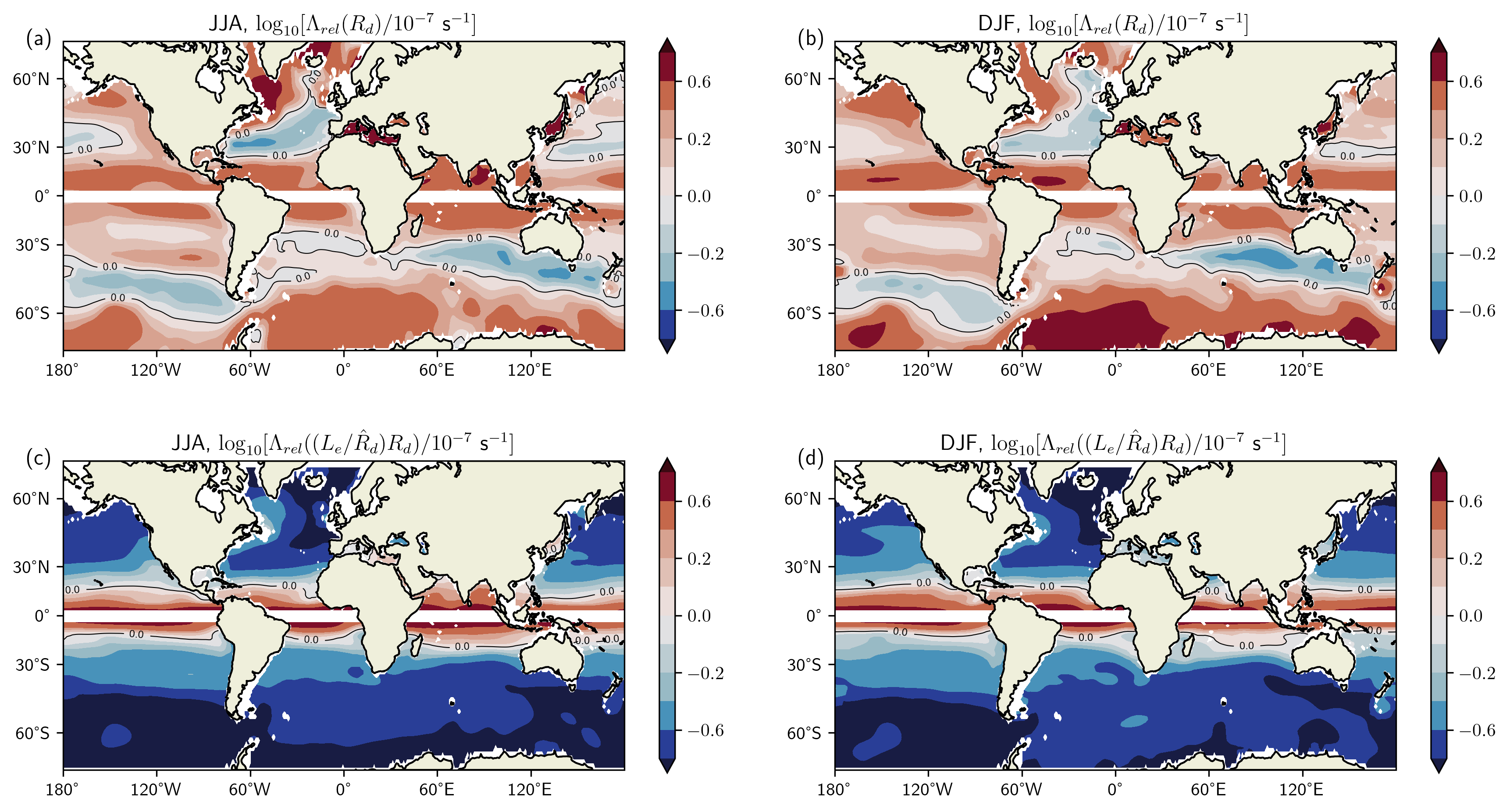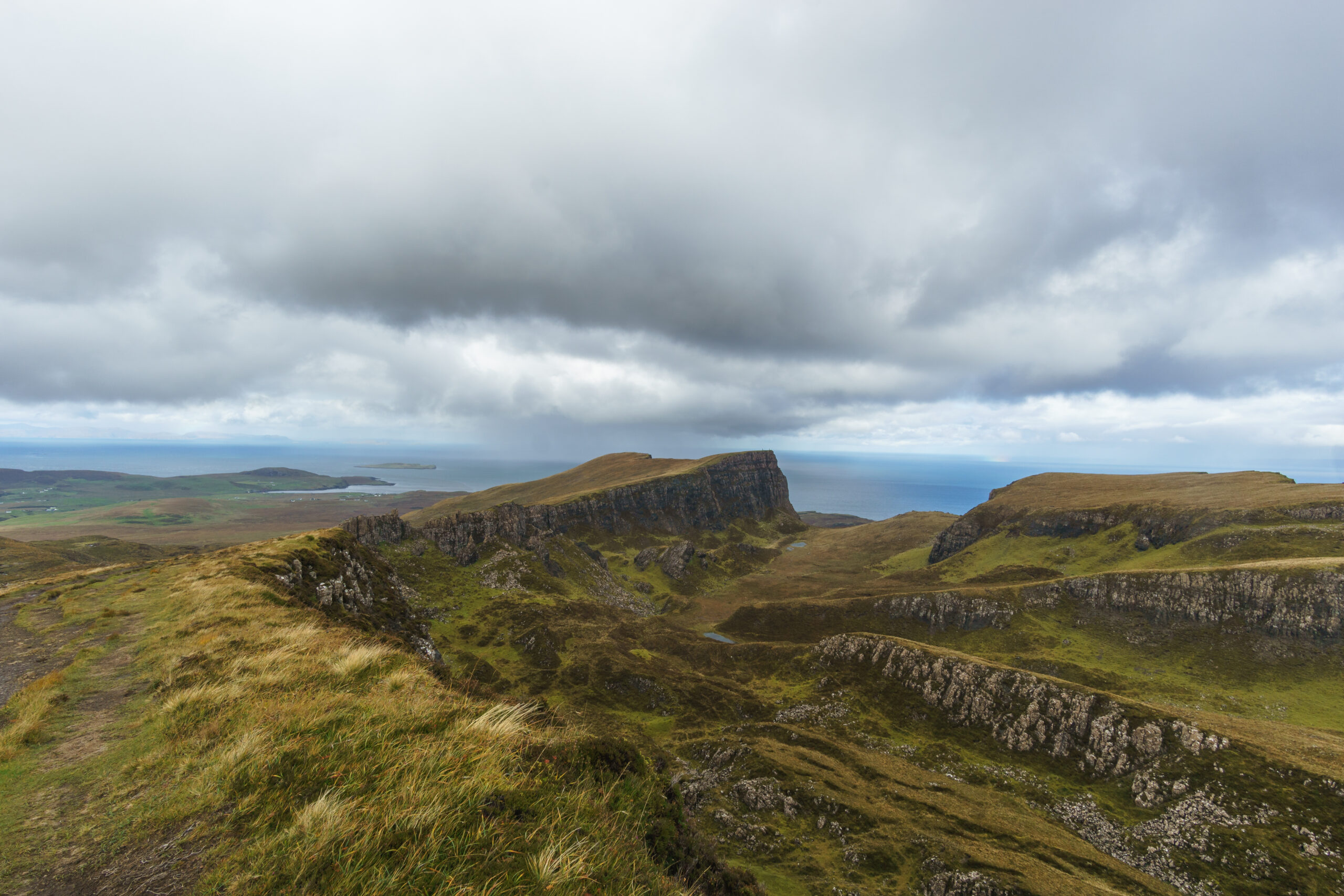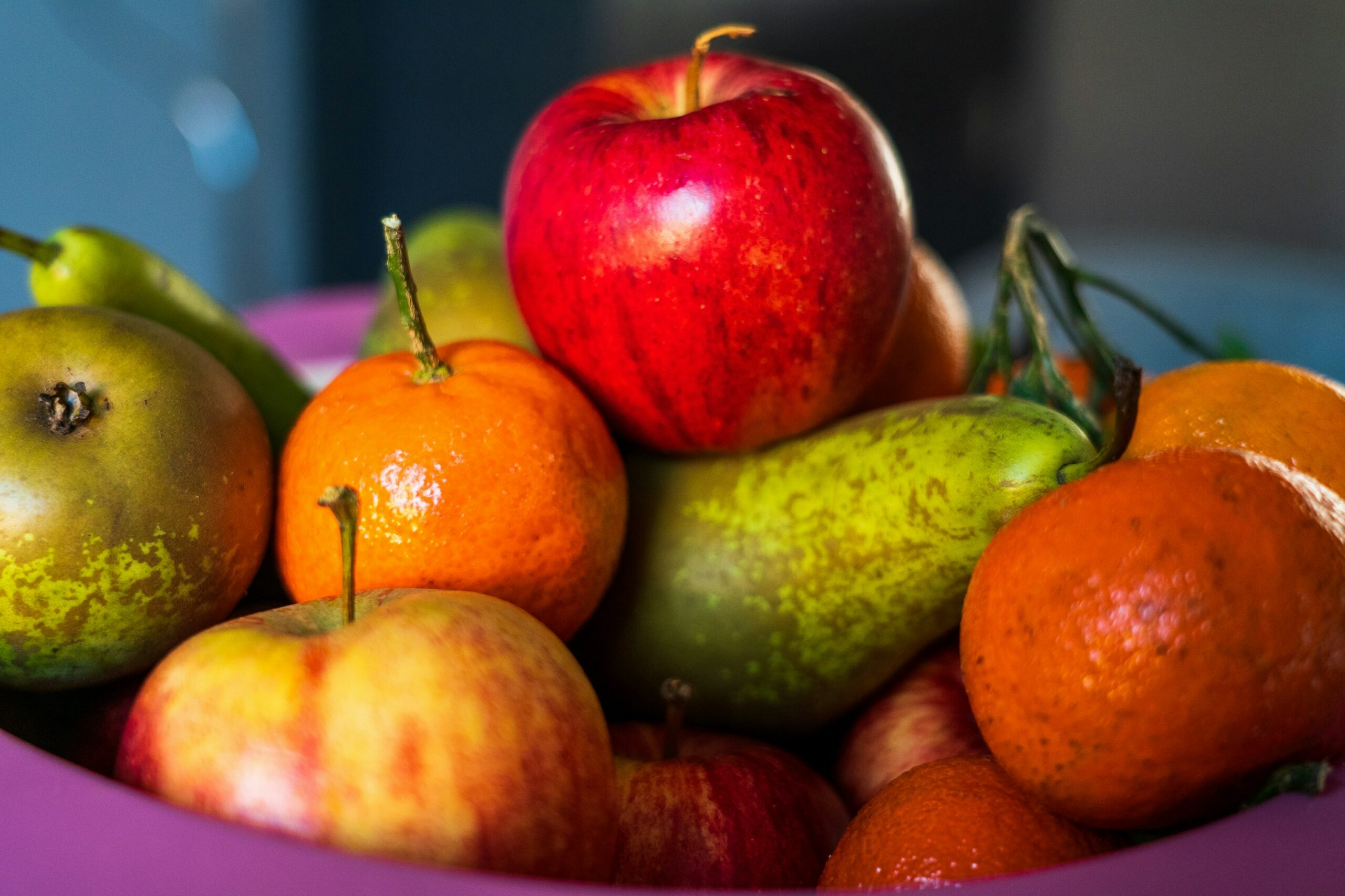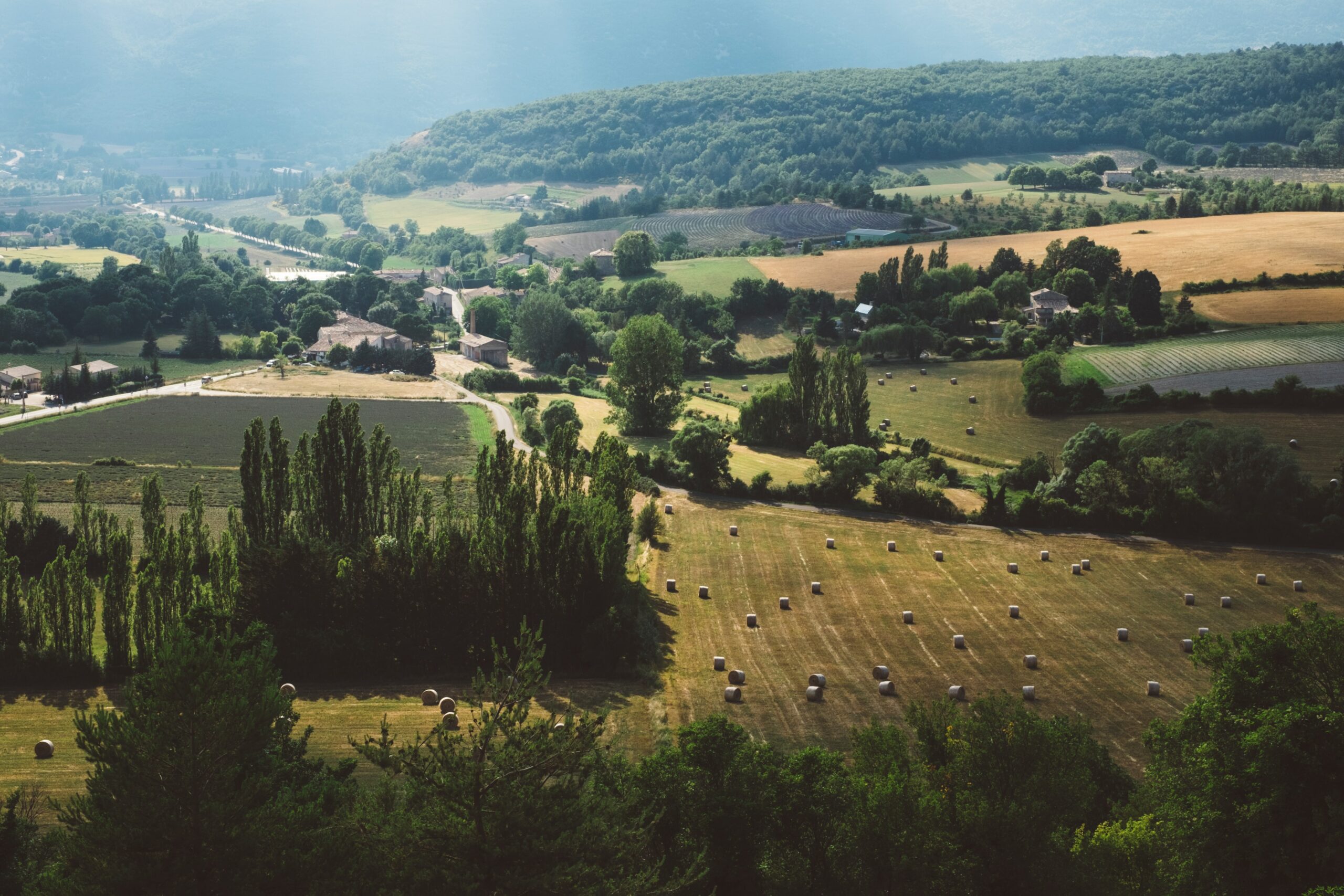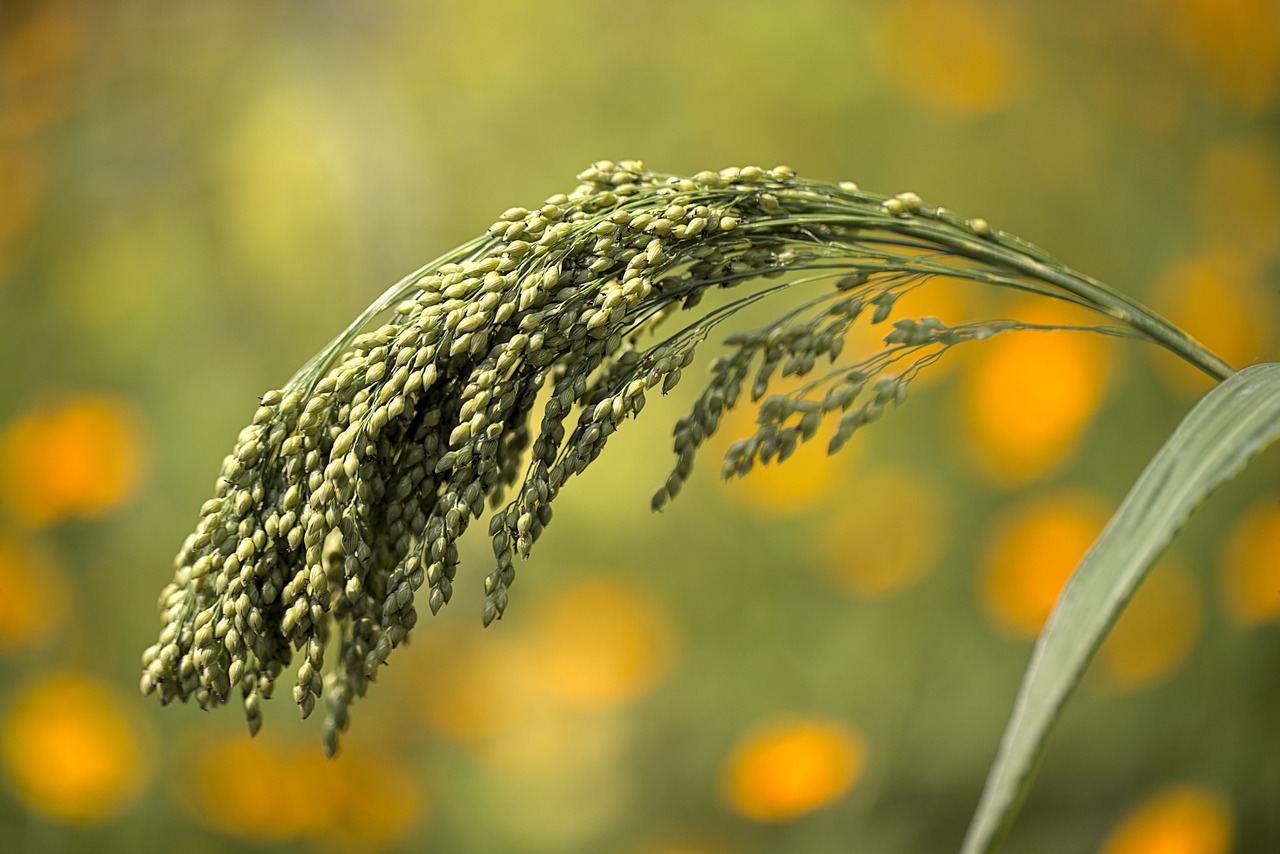climate change
Average months now feel cold thanks to climate change
What your fruit bowl reveals about climate breakdown
Spring arrived in style on March 26 2021 in Kyoto, Japan, as cherry trees reached the peak of their bloom. This marked the earliest recorded date when most flowers have opened…Read More >
Our most read articles of 2023
In 2023, researchers at the University of Reading published 57 articles on The Conversation. Together, these have been read over 2.7 million times. Here you can find the top three…Read More >
The Tea Bag Index: using tea bags to measure soil decomposition and help predict future changes in climate
Dr Sarah Duddigan at the University of Reading is working alongside scientists across the globe who are using tea bags to help predict future changes in climate. They’re not reading…Read More >
Boom in space tourism threatens to boost the amounts of space junk and climate emissions
Commercial companies are increasingly becoming involved in transporting astronauts to the International Space Station (ISS), as well as other activities in orbit. Some, such as Houston-based Axiom Space, eventually want…Read More >
Modelling city structure for improved urban representations in weather and climate models
Urban areas are home to an increasingly large proportion of the world’s population, with more people living in cities than rural areas since 2007. These large population densities mean more…Read More >
Forests v farmland: what the world would look like if we allocated all our land in the optimal way
What would the world look like if we could decide – globally and collectively – to allocate all our land in the optimal way? Where would we grow food and…Read More >
How we are raising awareness about the importance of millets for health, heritage and food security
2023 is the International Year of Millets, focusing attention on initiatives by national governments and development organisations to promote this important crop. In this blog, Grady Walker, Co-lead of the…Read More >
Research reveals who’s been hit hardest by global warming in their lifetime – and the answer may surprise you
Earth is warming and the signs of climate change are everywhere. We’ve seen it in the past few weeks as temperatures hit record highs around the world – both in…Read More >

